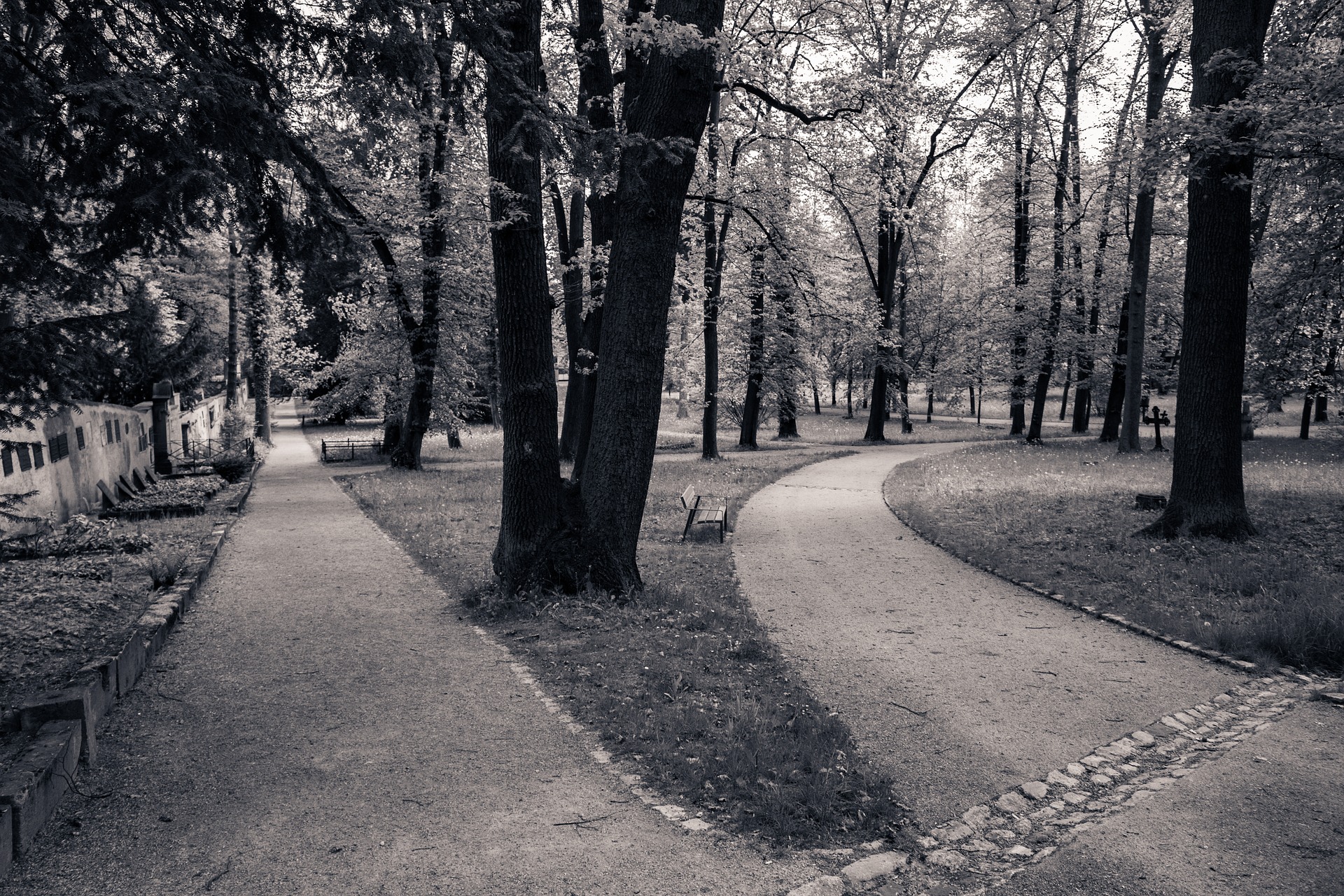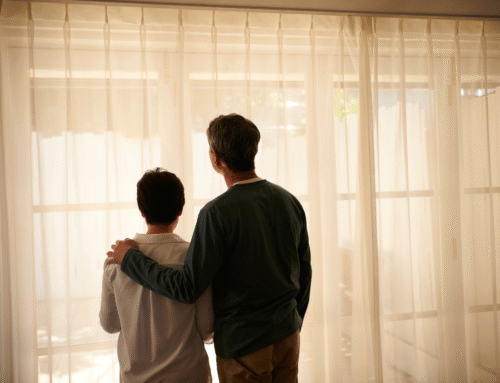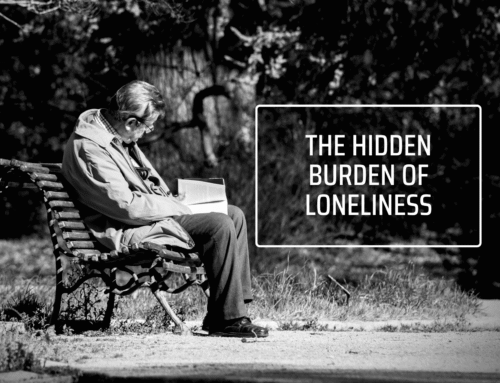
Two-way life: A caregiver’s story
I walked out of the doctor’s office, in a trance, almost forgetting that my fifteen year old, beside me, had walked through the very same door with me. The doctor had said, “Your son’s kidneys are failing!”
During the fifteen-to-twenty minutes of intense conversation, the doctor had talked extensively about chronic kidney disease. Slowly he dwelled upon what caused this condition in my son’s case. A congenital defect, medically called vesicoureteral reflux, had damaged his kidney. It slowed dawned on me that our hands were indeed full. But neither my wandering mind nor the family’s brainstorming sessions later in the coming days could fathom how deeply our lives would be affected.
Today, after twenty-three years of knowing and dealing with the disease at very close quarters, my heart is still heavy with sorrow, with some guilt that I let my son go through so much pain, so much anguish.
The year 1996 ended with my mind in a confused state. I recall the times when my husband took us through some kidney-related literature and the time he read sections of a book called Renal Transplantation. As he read, his voice would quiver with fear that was transmitted to us all. Fear ruled high in those early days! Will we survive the onslaught of chronic kidney disease? Our trip into the woods was filled with suspense and horror.
But our group chats ended with some forward decisions. Yes, apart from a renal diet we knew that a transplant was to be considered and we realized never to believe that dialysis was not for our son.
As a mother, I became acutely aware of my responsibility but also knew right from the start that my medical knowledge was insufficient to meet the challenge.
I began my search on what brought us here, to a disease that threatened to strangle us. My search established a connection between bed-wetting, urinary tract infection and how of all adults and children with reflux about 20% could develop kidney failure. Such a very small percentage of a rare condition called urine reflux, yet my son was part of that group and also developed kidney failure.
In the next few days, more research made it clear that I had indeed failed my duty to get a second opinion. A senior and most experienced South Bombay (Mumbai) Urologist, when approached five years earlier, had waved off our concerns over his bedwetting habits, “Your son will overcome this when he reaches puberty!”
How naïve of me to blindly follow this advice! I was haunted night and day by this burning thought compelling me to share and write about this devastating piece of information. My book, Shades of Life, Sublime Joy is in Living, became my first piece of writing about chronic kidney disease.
Our other search was in the area of doctors. One advised us to arrange for a pre-emptive transplant, which was less heard of in those days. Fear for our child convinced us to go back to our first nephrologist, a senior physician in this field.
The decision of a doctor led to further conversations, one that led to planning a transplant. I quickly offered my kidney and began to be tested. The doctor was happy to find a willing donor, one who was a match! But how dramatically things can change. Joy at being able to help my son quickly moved to the further dark of life. A few days after I got selected as a donor, on self-examination, I found a lump in one of my breasts. Life took me to several hospital corridors to get a verdict that urgent surgery was needed to remove my tumor.
Fresh concerns about my health and its direct relation to my son’s recovery with a kidney transplant put us back to square one on the board game of life. What could we do when forces of nature determined our life!
It so happened that my tumor was at an advanced stage, turning out to be malignant. So apart from the mastectomy, I needed chemotherapy and radiation.
I approached the nephrologist with whom we consulted for my son. In great agitation, I spoke of the new compromising situation and the urgency to get the transplant done before cancer would spread any further. He counseled that only after my full recovery was the transplant even possible.
I later sat with my oncologist, developing a strategy for a strong speedy recovery. It was my kidney that had to be donated since my husband was diabetic and my elder son was a year and a half older than my son who urgently needed a kidney. So my kidney would be the savior. My oncologist could feel my pulse racing, understanding my earnestness. He worked through a well-developed chemotherapy program to give me the best chance to donate my kidney.
Here, I will transgress a little.
The urgency for a kidney transplant, as I see it today, is not only to give the person a working kidney but also to save their soul. Some conversations give patients that uneasy feeling as if they are to blame for their illness. If we are saying “wrong lifestyle,” the blame is not on the individual but on society and its marketing of processed food. Simplistically put, I grew up in a household where home-cooked food was on the table each day. Lots of greens and vegetables formed part of a simple meal with only basic ingredients and condiments. Eating out occurred only once in six months, if at all. Coming of age, street food culture holds center stage, becoming the coolest way to live, with huge portion sizes and many layers of fats and carbohydrates beyond standard measures. This is all to appease a taste bud that seeks “innovations.” Today, ready-to-eat packaged food is gaining popularity. I see more young people joining the kidney patient community.
Coming back to my own story, after cancer treatments I pleaded with the nephrologist to accept my kidney. After many months of rigorous tests, it was confirmed that my kidney met with the standards, and the doctor approved me for the organ donation.
Through this period our bonding with the doctors became well established. We created a trust factor and followed through with one doctor to avoid clouding our minds with varying opinions. It was important to survive and that was our sole purpose.
My son went through several hospitalizations post-transplant, with minor rejection, and also suspicion of renal arterial stenosis. All this occurred while our savings became depleted and soon we went into negative figures, as there was no medical insurance to cover our health issues.
Through these periods of hospitalization, I tried to seek answers to my doubts, constantly discussing issues with the doctors and nurses. Everything was so stressful and unfamiliar so I often met with rebuke. Licking my wounds, I would present myself before a friendlier nurse or staff member, to solicit information that could solve my small “mystery”, another topic of worry.
Was I so smart that I could question the experts? Who placed me in such a position that I felt competent to question the people around me in the hospital?
One thought that justified my approach was, “He is my son, I can’t lie low. Nobody can be more interested in his treatment.” I honestly believed that I had a right to information that could help me save my son.
Doctors, hospitals and nurses have many obligations to many patients, and they would need to squeeze time to see my son. Sometimes they would get a report and know that the patient is stable. That would determine if they could decide to skip our room. One has to watch the corridor and smile when the doctor passes so he will talk to you. That’s the only chance to get an update.
Such small and simple ideas are commonly known, but one needs to take that one step in the direction that shows you’re in control – both to your own self and to people around – so that people, doctors take you seriously. These simple strategies worked for me in India, Dubai and even in the US.
I recall an episode of peritonitis with which my son was hospitalized in City of Angels Hospital, in Los Angeles. He was administered a strong pain reliever as a night-time dose. I was roused out of my deep sleep when I heard my son talk in a weird commanding voice, directing his friends to do some tasks. I was so shocked to see my son mentally unstable that I rushed to the nursing station, desperate for urgent attention. I slowly talked about how my son was suddenly so ill. A team rushed to check on the patient and I was relieved to know that the pain medicine had adversely affected him. An antidote was given and he recovered by the morning. These sudden changes in health and the need to get someone’s attention are always stressful periods for me.
Such incidents in hospitals in India and the US were many; struggling to overpower those trying moments without medical background was like sword fighting in the dark. Fortunately very often the glorious sun came back into our life.
Kidney disease is hugely challenging. In India and other developing countries, the financial aspects of disease management trigger numerous additional issues to be managed. Treatments can be easily compromised, but it will always be good to stay on track and follow the nephrologist’s advice as chronic kidney disease is not a simple cold. One needs to constantly maintain a cool and calm exterior to deal with these moments of health changes, while also looking for ways to get funds to pay for the treatments.
At Kidney Warriors Foundation we are forming a patient voice for patients in India. We are writing to the Prime Minister and Health Minister to discuss and seek their assistance for addressing issues faced by kidney patients. Our organization is spreading awareness, lending emotional support to patients and organizing educational workshops.
After my first book, I went on to write two other books, The Kidney Warriors and Who Lives Who Dies with Kidney Disease. All my books are available on Amazon.com. These books have medical information written by experts with real-life human stories, of struggle and living with chronic kidney disease.
One day I realized that as a family we had grown differently, compared to other families. Though it seemed a sudden change at the beginning, I knew that slowly our life had changed its course, from the schooling years to our current stage in 2020. The meaning of our lives and expectations were lost somewhere as we groped our way out of the maze, looking for a replacement for these. While we ploughed through the difficult terrains, preoccupied with handling such a complicated disease the landscape had changed and we landed in another period, in a different zone. This transition was not easy. It was packed with incidents, with growth and living under different conditions, in accepting the changes of our new reality. But I continue to live under a cloud of fear, with suspense in terms of what tomorrow may bring.
How do people with chronic kidney disease, and their families, manage it all?
Image source: Bernd Scheumann
About the Author
Vasundhara Raghavan
I retired as Secretary-General of Media Research Users Council in 2005 and channelized my energies to understand and research about chronic kidney disease. In a world where people with the disease are constantly challenged for information, I took the task of writing about my family’s experiences and published my first book, Shades of Life, Sublime Joy is in Living in 2010. Apart from medical information my interest was in the human angle of the disease. “How will a person, a family live through the nightmare of the disease?” was the most discomforting thought that crossed my mind. Two books were published in 2018, with over 4 years of work. Both are very special books written as a novel with short stories, each story different from the other. Just like the disease, whose treatment is patient specific. 'The Kidney Warriors' is a compilation of stories of people from the Indian sub-continent. Who Lives Who Dies With Kidney Disease, has stories of people in the US, Italy, Germany, and the UK. Both books have some great medical information written by nephrologists. Along with a few like-minded individuals, I founded Kidney Warriors Foundation in December 2017, where, as a CEO I’m working towards helping kidney patients in India.
I walked out of the doctor’s office, in a trance, almost forgetting that my fifteen year old, beside me, had walked through the very same door with me. The doctor [...]



